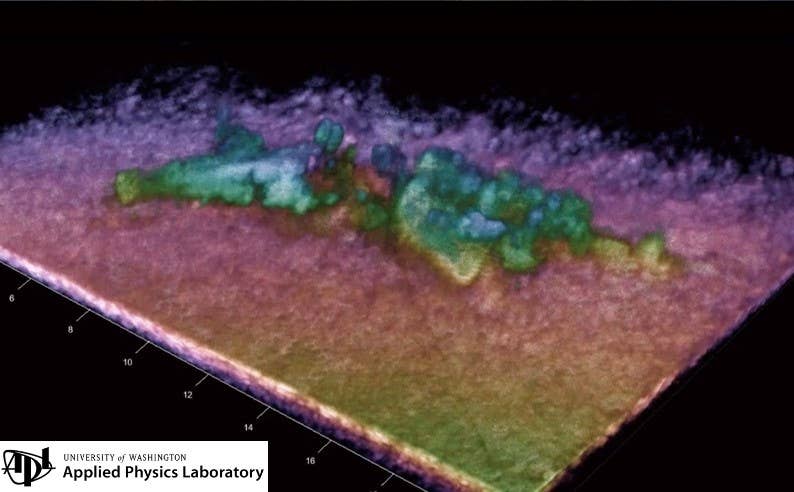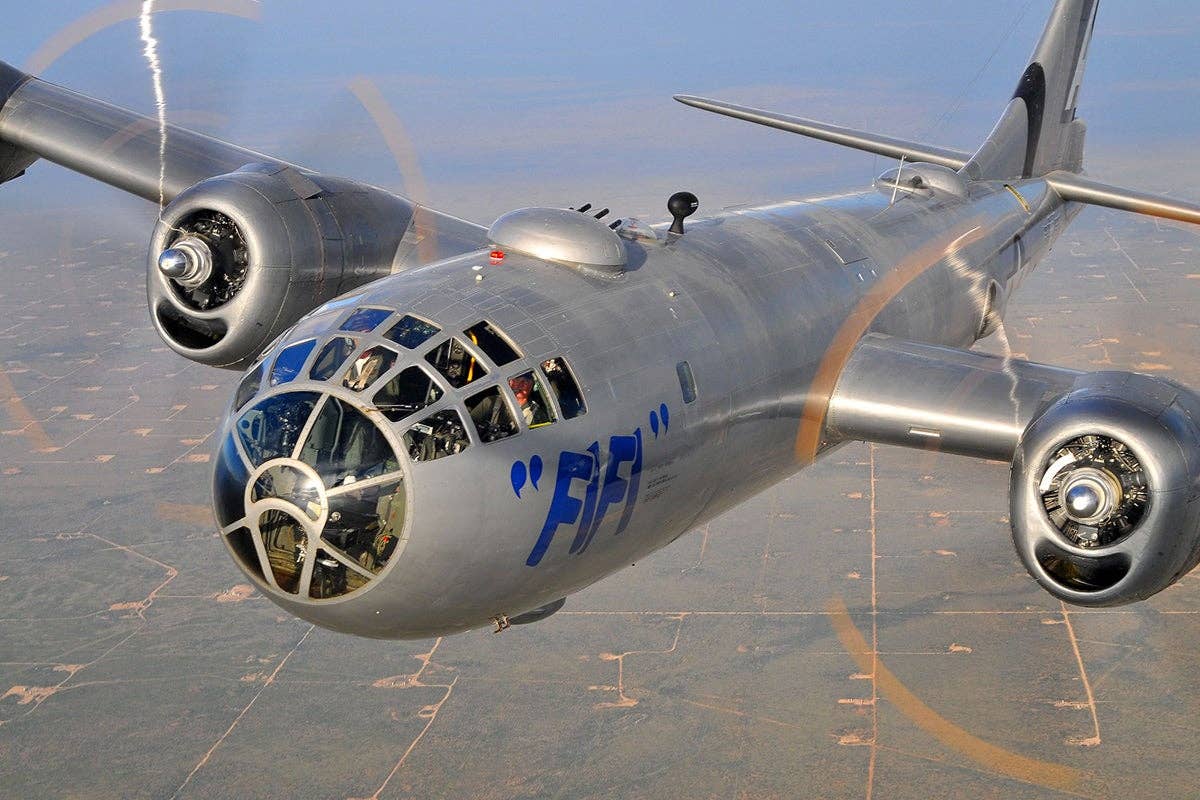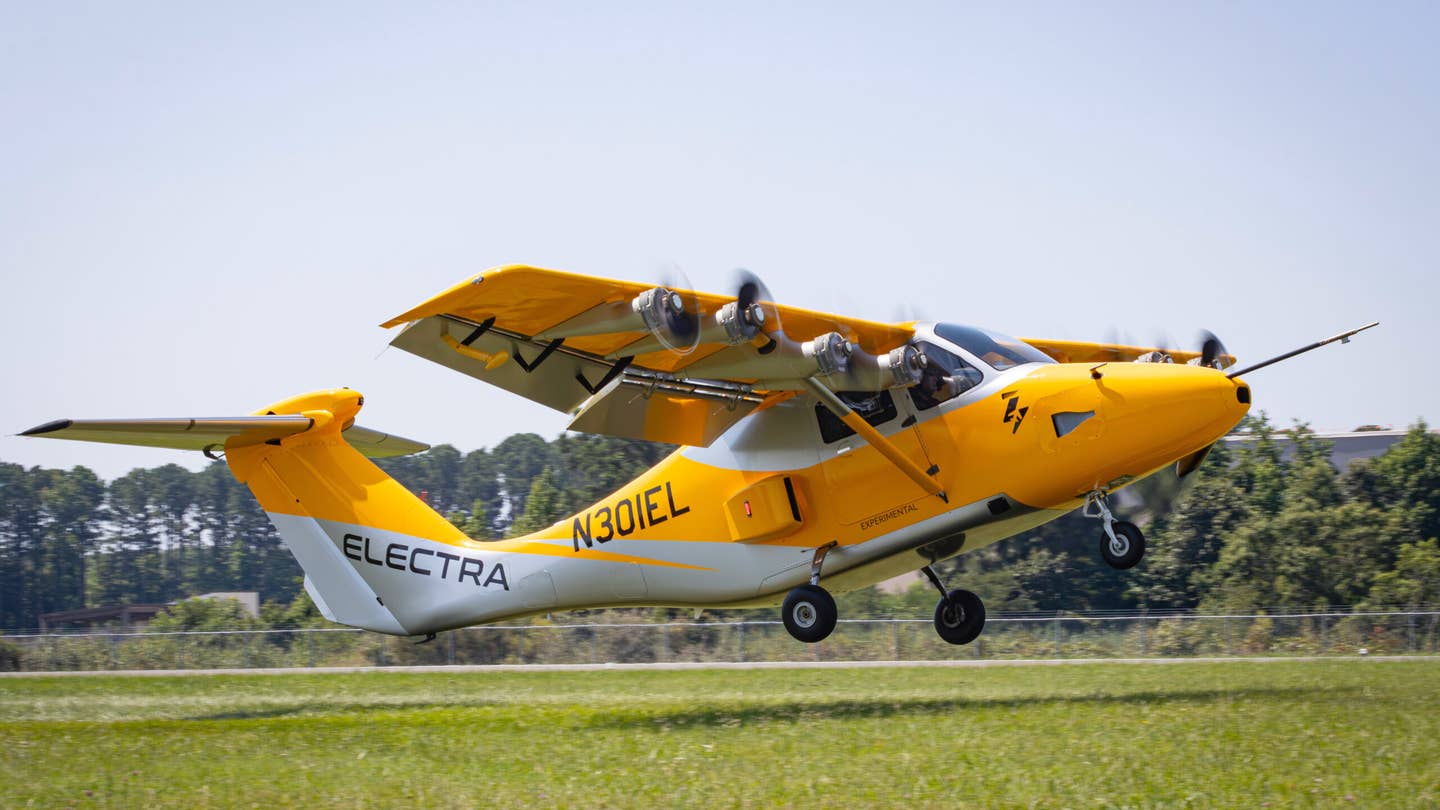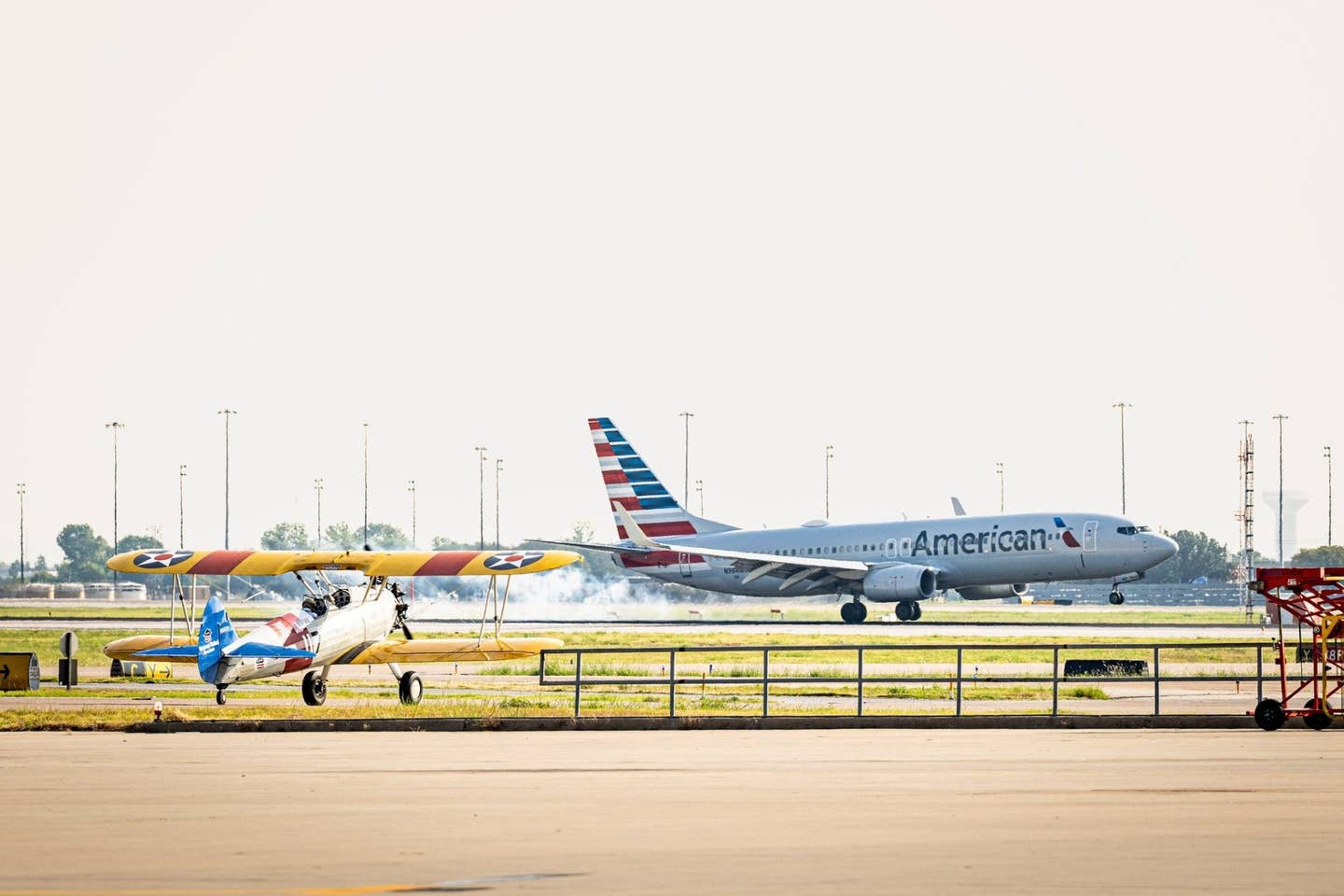Seaplane Wreckage Found in Puget Sound
Investigation continues into last week’s deadly Turbine Otter crash near Seattle.

The wreckage was located using side scan sonar, multibeam sonar, and 3D instruments. [Courtesy: University of Washington Applied Physics Laboratory]
The National Transportation Safety Board has located the wreckage of the DHC-3 Turbine Otter that crashed in Mutiny Bay near Seattle earlier this month. The aircraft, registered to Northwest Seaplanes, went down on the afternoon of September 4 during a routing flight from Friday Harbor to Renton.
There were nine adults and one child on board. The body of one of the adults, 29-year-old Gabby Hanna from Seattle, was found in the water moments after the crash. The rest of the victims are still missing.
The wreckage was located through the coordinated efforts of the NTSB, the National Oceanic and Atmospheric Administration (NOAA), and the University of Washington’s Applied Physics Laboratory using side scan sonar, multibeam sonar, and 3D instruments.
Authorities used the aircraft's last known position, along with information on local tides and currents to determine the search area, which was reported to be a 1.75 by 0.75-mile square.
The university’s vessel scanned the area identified from the NOAA multibeam data, and according to the NTSB, "Using all available data, investigators concluded the targets they identified were from the aircraft."
The images from the floor of the Puget Sound show a long object that may be the fuselage, some 190 feet below the surface. The images do not have much detail, and as of yet, a detailed inspection has not been made of the site.
The NTSB stated, "Due to the depth of the water (100-200 feet) and the current (3-5 knots), the most suitable tool for visual confirmation is a remotely operated vehicle (ROV). NTSB is coordinating with our federal partners and private companies to use an ROV in the search."
The NTSB does not have a date on when the ROV will be deployed.
How It Happened
The Turbine Otter went down en route from Friday Harbor to Renton. The altitude normally flown by seaplanes along this route is approximately 600 feet above the surface. The aircraft was approximately half-way through the flight.
According to a tweet from Flightradar24, the last ADS-B signal from the Otter was at 22:08 UTC and the aircraft was showing a descent of 7,744 fpm.
There are no reports of the pilot issuing a distress call.
Witnesses to the accident told local television stations that the aircraft hit the water in a vertical attitude. The impact was loud and it sent up a large plume of water.
The Coast Guard searched the area for more than 20 hours, from both the air and water hoping for survivors, but none were found.
During the search, small pieces of plastic and fuel-soaked foam along with a 6-foot-by-18-inch piece of the fuselage with the aircraft tail number N725TH were recovered, along with a few personal items that were believed to have belonged to the occupants of the aircraft.
The NTSB preliminary report on the accident has not yet been compiled. In many cases, the final report is not available for a year to 18 months
Northwest Seaplanes posted on its Facebook page: “The team at Northwest Seaplanes is heartbroken, we don’t know any details yet regarding the cause of the accident. We are working with the FAA, NTSB, and [Coast Guard]. We have been in communication with the families. We are praying for the families involved, including our pilot and his family.”
The company had no comment on the news the wreckage had been located, however, on its Facebook page the company thanked the community for their outpouring of support, and noted a GoFundMe page has been created for the family of pilot Jason Winters.

Subscribe to Our Newsletter
Get the latest FLYING stories delivered directly to your inbox






